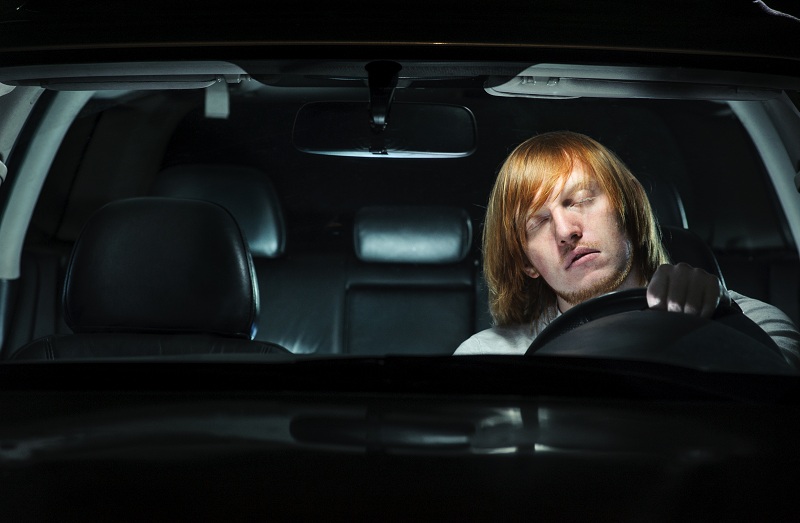Driving is something that almost every American adult knows how to do, and for most people, it is something that they do every single day. Commuting to work, running errands, and picking the kids up from school – it’s a common activity. For most people, driving a car is no big deal – but it should be treated like one.
Especially if you’re tired.
Driving while tired can be just as dangerous as driving under the influence of alcohol, but many adults don’t know when their drowsiness will take them to the point of endangerment. Our advice at the office of Dr. Mayank Shukla is to stop driving as soon as your start feeling drowsy.
But it goes beyond just feeling sleepy. There may be other issues related to sleeping and driving that you might now be aware of. Take a look at some of our important facts and suggestions so you can manage your sleep in an efficient way while preventing the risk of endangering yourself and others on the road.
Falling Asleep While Driving? It’s More Common than You Think
A study performed by the CDC estimated that 1 in 25 adult drivers have fallen asleep at the wheel at some point in their lives. It is also estimated that falling asleep at the wheel is the cause of over 72,000 crashes per year.
How do you know if you are at risk for falling asleep at the wheel, or even driving while drowsy? Anyone who struggles with sleep deprivation or feels that they are not getting a good grasp on their sleeping habits can be at risk for this dangerous habit.
Other factors that may put you at risk for drowsy driving include:
- Having a diagnosed sleep disorder
- Taking medication that may cause drowsiness
- Working long hours, especially driving hours, with no break to sleep
Sleep is the most important thing you can give your body every day. You may start developing other health symptoms due to sleep deprivation, so it’s important that you find a way to manage a good sleep schedule for the betterment of yourself and those around you.
How to Prevent Drowsy Driving
There are several interventions and treatments that you can invest in to help you get your sleep schedule back on track while also preventing the risk of driving while tired. Even advanced automobile models have developed technologies that warn the driver when they have drifted out of a lane or exhibited other signs of drowsy driving.
Make sure that you read the labels on your medications to see whether the medicine will cause you to be drowsy. If it does, avoid driving for several hours or until the symptoms of drowsiness go away.
The best way to prevent drowsy driving, however, is to get more sleep. The American Academy of Sleep Medicine suggests that every adult gets at least seven hours of sleep each night. If you are having trouble achieving that, either due to a busy schedule or insomnia, you need to visit a specialized sleep medicine professional as soon as possible. A consultation about the health of your sleep patterns can be a life-saving visit that helps you get your life, your focus, and your energy back on track.
Visit Your New York Sleep Specialist ASAP!
Struggling with a sleeping disorder can have a miserable impact on your life. You will always be tired, restless, and empty of all of your regular daily energy. Not to mention it is totally unsafe to drive, leaving you with too many risks of putting yourself in danger. It’s time that you get a sleep consultation and start putting matters of tiredness into your own hands.
To schedule your consultation, or to learn more about the practice of Dr. Mayank Shukla, please contact us online. You can also give us a call at (917) 746-3431 to make an appointment at your earliest convenience.

